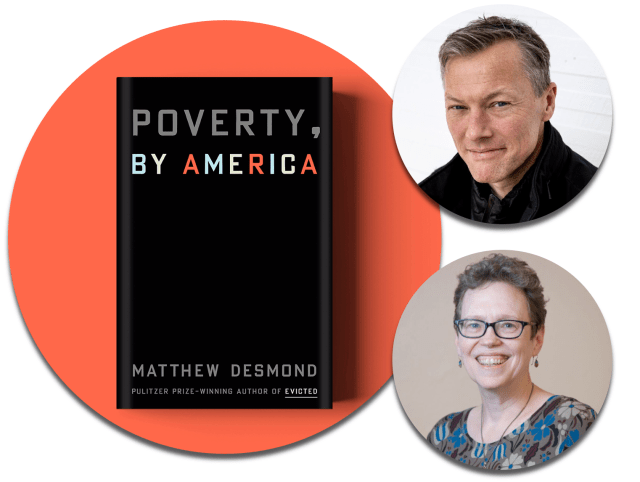I found myself frequently paging back to the map. What better device to summarize a journey than a map? Who would follow that path? How could they possibly make it work? How many pitfalls and potholes waited to ensnare them? How were others, probably incapable of ever sustaining such an endeavor themselves, still be pivotal in the success of this bizarre journey? What does this experience, tell us about our history and heritage? What does it tell us about who we were? How does it shed light on who we are now? Who, in fact, are we?
Most importantly, what do we do with this knowledge?
These are the questions that echoed in my mind, learning of this history I knew nothing about—had never even heard of! Likewise, until recently, the Tulsa massacre. Even more recently, the Okemah community right here in Phoenix, devastated by a public works project, typifying a pattern the last eighty years in American city after city. I learned about that yesterday.
What do these stories of our past tell us? Many things, of course. But the one that stands out for me is the simple fact that, after we strip away all the generalities and justifications and theories and myths we tell ourselves—or are sold to us from the many agendas that prevail among our diverse society’s elites—we end up where Ellen and William Craft found themselves. While they were a remarkable team, the weight of their world rested on them as individuals. They each had a personal responsibility which, were it less durable, would have cost them dearly and probably lost the enterprise completely.
Fascinating and illuminating history is rewarding in its own right. It broadens our grasp of where we came from and what we make of the results. And so it is with the Crafts, as they are revealed to us in company with names more familiar to us: Frederick Douglass, Marian Anderson, Rosa Parks, Benjamin Davis, Henrietta Lacks, Katherine Johnson, Thurgood Marshall, Hank Aaron, Martin Luther King Jr., Colin Powell, Neil De Grass Tyson, and countless others from all fields of endeavor.
And many thousands of others whose personal stories could inspire us. They will not, because they will never be told. This one is now told.
White folks cannot truly feel what it is like to be black and live by the rules set by a society that once prospered on our backs and in which many still consider us to be less than themselves. We can read—and maybe even understand—the words, but what does that really feel like? The closest we can come is a personal narrative that penetrates not just our intellect, but our souls as well. Ilyon Woo provides that gift with the story of Ellen and William. It’s as close as those of us who are white will ever come to grasping what being black in America is actually like.
What are we to do with this knowledge?
One suggestion: use it as an added source of motivation as supporters of independentvoting.org to join with myriad other Americans who strive to bring our political system into consonance with the ideals expressed when our Nation began its journey. “We hold these truths.” “We, the people of the United States of America.” Our response was unprecedented, bold—and seriously flawed. It remains imperfect because we are imperfect. That has not prevented us from moving closer to the vision.
Nor should it now.
When I was a kid during the Great Depression, a delightful source of entertainment was listening to the adults tell family stories. I am sure most of them were true, despite a few enhancements with each retelling. Thank you, Ms. Woo, for reminding me of that great tradition, now sadly replaced by blaring headlines, endless noise on TV and social media, and a political system that is still flawed despite it potential to render journeys like the Craft’s no longer necessary.
You have reminded us that we have a lot more work to do.
Al Bell lives in Peoria, AZ and is a co-founder, with Richard Sinclair, of the recently initiated Arizona Independent Voter’s Network, designed to link the Independent Voting community for greater effectiveness. Al served on Independent Voting’s Eyes on 2020 National Cabinet, working to get the 2020 presidential primaries open to independents across the country.




















